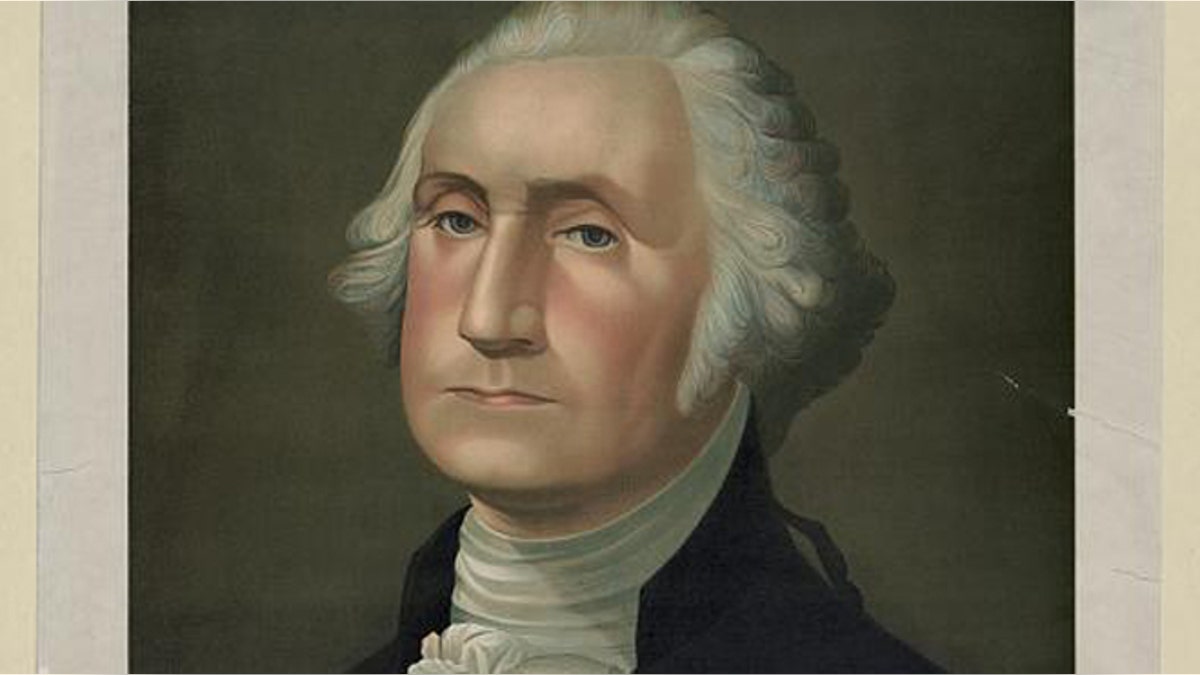
(Library of Congress)
February 22 is the 282nd anniversary of George Washington’s birth. Even after nearly three centuries, we still have much to learn about the Father of our Country. Many do not realize that George Washington was . . .
. . . expected to be crowned king of the United States. Washington was held in such esteem after winning the Revolutionary War that some expected him to become king. He refused, instead returning to his farm. He never wavered in his commitment to ensuring Americans’ liberty.
. . . our wealthiest president. Washington was born into a family of relatively modest means but accumulated a staggering amount of wealth during his lifetime. Through multiple inheritances, marriage to a wealthy widow, business savvy and hard work, he became one of the wealthiest Americans of his time – and, by most estimates, he was the wealthiest U.S. President to date.
. . . a warrior. Washington fiercely defended his people from foreign threats. In retaliation for the murder of a patriot, he required his British captives draw straws, and when a teenage redcoat drew the unlucky straw, he condemned the young man to death, setting off an international incident. Even after the Revolutionary War, Washington was the only president to lead an army in battle as commander-in-chief.
. . . a master of espionage. Washington could tell a lie – he told a great many of them. In fact, his mastery of deception was pivotal in fooling America’s enemies and paving the way for the underdog patriots to defeat the mightiest empire on earth. In one plot, he ordered the kidnapping of King George III’s son.
. . . a political genius. Washington was not our best military leader – he lost more battles than he won. But more than a brilliant tactician, Americans needed someone to serve as the moral compass of the nation and politically unite the country’s many factions around the patriotic cause. He was the only major Founder to lack a college education, but his innate genius enabled him to navigate the divisive politics of the time.
. . . aloof. According to one account of the Constitutional Convention, Alexander Hamilton dared a fellow delegate to slap Washington on the back and greet him like a friend. Not taking kindly to displays of familiarity, Washington recoiled, giving the man an icy glare as the other delegates squirmed with embarrassment.
. . . a dictator. In December 1776, the Continental Congress granted Washington dictatorial powers. But “dictator” was not quite the dirty word back then as it is today. Instead, Washington used his broad authority over foreign invaders to defend the rights of his countrymen.
. . . a defender of American property. Even with his dictatorial powers over foreign enemies, Washington steadfastly refused to trample the rights of citizens at home. When members of his personal guard seized a private citizen’s property, he ordered that the ringleader be executed. He was so principled that he would rather his troops starve than usurp civilian authority or violate Americans’ rights.
. . . a poor speaker, but great dancer. Washington’s dentures garbled his speech and, as a result, he despised public speaking. However, he was very athletic and graceful, which helped him not only in riding horses on the battlefield but also in dancing with the ladies in the ballroom.
Perhaps most importantly, Washington was foresighted. He predicted his actions would define our nation for centuries to come -- that is why he took such careful notes. He and his team of scribes produced a whopping 140,000 documents during the Revolution. Foreseeing his letters’ value to posterity, he checked virtually all of his subordinates’ work and held it to exacting standards. He and his writings continue to be studied to this day.








































